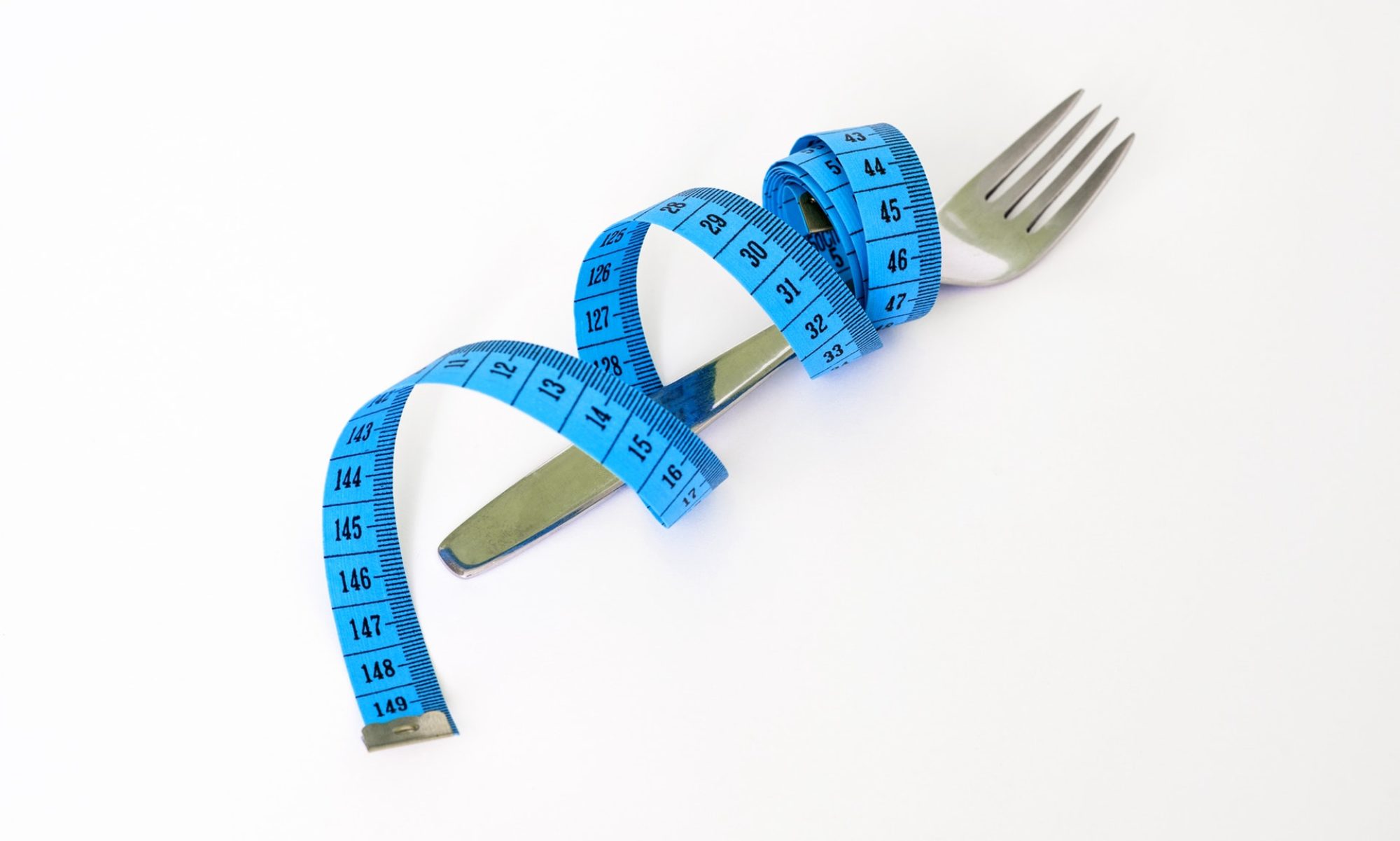As a general contractor, my husband enjoys good quality tools. “Good tools make you better at your craft,” he often declares to our kids who watch in awe as he lifts huge beams with ease or cuts through concrete like butter, skillfully employing whatever gizmo is in his hand at the time. We stand amazed at his completed projects as if he leaped tall buildings in a single bound. He’s an expert craftsman to be sure, but his tools rocket him to superhero status. Consequently, he never balks when I want to spend money on another useful kitchen gadget. And when he saw the ticket price for the doctor’s scale I purchased and placed in our bathroom, he just shrugged a low humph, unimpressed.
The scale is an extremely important tool when it comes to weight management. I have to know where I am in order to get to where I want to be. The scale reveals trends. It helps with correlations. When I do X, my weight does Y. When I choose A, my weight does B, and so on. And in order to measure these trends, I have to weigh on the scale regularly. For me it is every morning. Like clockwork, the alarm goes off; I stumble out of bed, use the facility, and stand on the scale. I greet it like a trusted old friend who is not afraid to tell me the truth, no matter what. I’ve worked very hard on my relationship with the scale.
I did not always harbor these positive vibes. I hated my scale just like some of my patients tell me they hate theirs. And like them, for a long time I refused to weigh myself. I even went bouts without owning a scale. When I did step on it, the scale only screamed obscenities at me. “You fat, lazy slob!” (I’m toning this down for reader discretion.) I was suffering from what many of my patients suffer: PTSD. And I don’t mean Post Traumatic Stress Disorder which I do not want to minimize as I know it is very real and I believe needs to be addressed in order to maintain a healthy weight. The PTSD to which I refer is POST TRAUMATIC SCALE DISTRESS.
Post Traumatic Scale Distress stems from the chronic relapsing nature of the disease of obesity we talked about last time. You step on the scale one day and see that you’ve lost weight only to gain weight the very next day despite all the hard work you are doing practically starving yourself. This gives way to feelings of hopelessness and so you stop weighing. Like I have done on more than one occasion, you may even start refusing to be weighed at your doctor’s office. “You and what army are going to get me on that scale,” I chided a poor MA once who was just trying to do her job. (But seriously, have you noticed that in most doctors’ offices the scale is conspicuously right in the middle of the hallway and you get weighed with your shoes on while everybody and their brother in law is walking by eyes darting in your direction? I mean it is criminal and worse, maybe a HIPPA violation.) But how is that working for you? Not weighing. It did not work for me either.
Studies show that people who weigh regularly are better able to maintain a healthier weight. Thems the facts. Let’s talk about the limitations of the scale though. 1) It measures one point in time. 2) It does not tell the difference between fat mass or muscle mass or water weight. 3) All scales are not created equal. 4) I can’t compare my scale at home to the scale at my doctor’s office where I weigh later in the day with my clothes on. 5) It is an inanimate object. 6) It has no voice. 7) It only has the power you give it. 8) It is a tool. A very useful tool when used correctly.
Do you need to work on a different relationship with the scale? At Oregon Weight and Wellness we help with this. We will not weigh you unless you give us permission and then not until the end of your appointment. In private. Without judgment. The focus is on you, not the scale. That’s the Weigh Different Way.
Discover more from Weigh Different
Subscribe to get the latest posts sent to your email.
